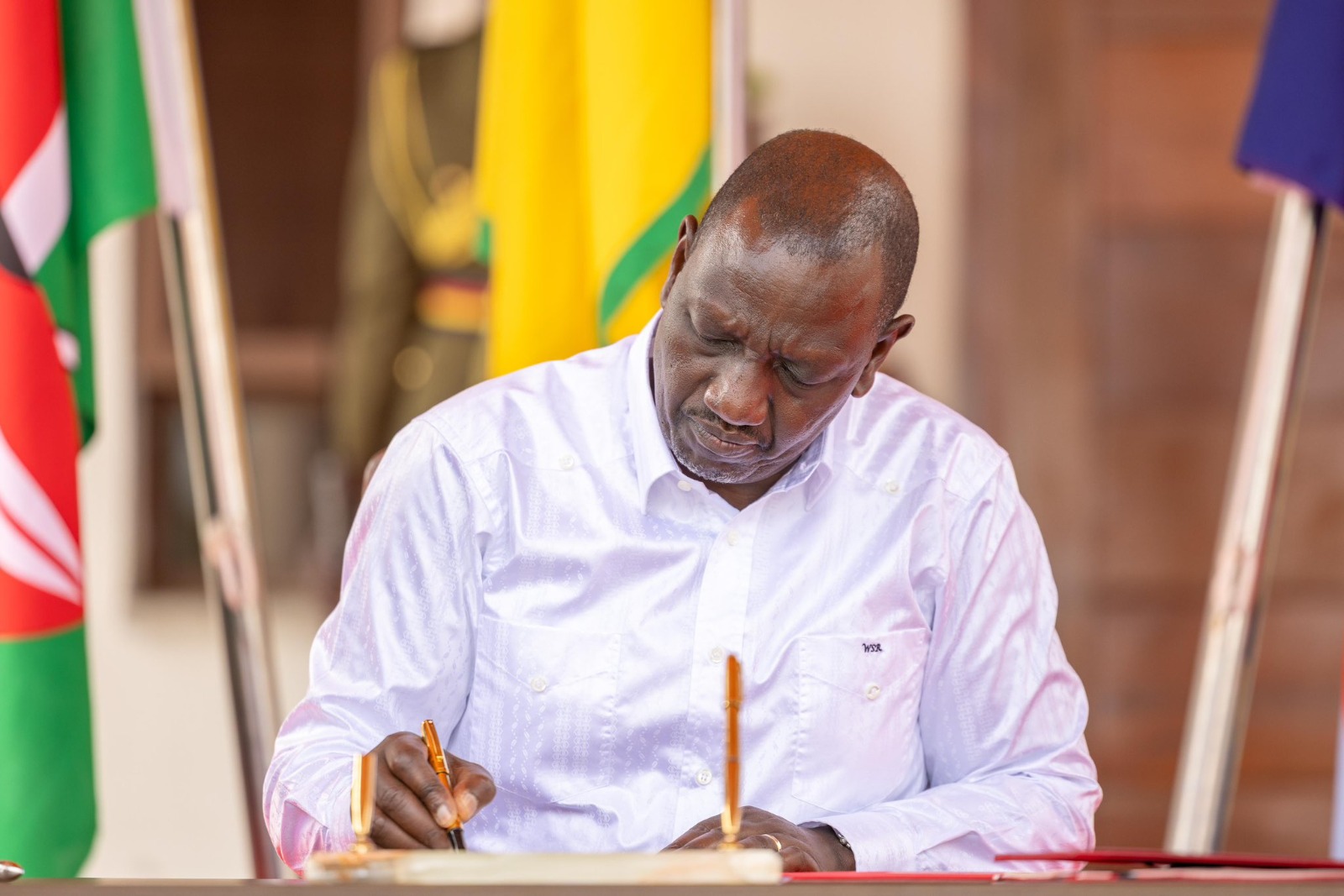Ruto refers Wildlife Bill back to MPs for reconsideration

In his Memorandum, the President proposed changes to Clause 2 and suggested introducing a new provision, asking the National Assembly to reconsider the Bill in line with the constitutional process.
President William Ruto has declined to assent to the Wildlife Conservation and Management (Amendment) Bill, 2023, and sent it back to Parliament for review, raising concerns over a key provision.
The Bill, which was passed by the National Assembly on June 18, 2025, had been forwarded to the President for assent, but he has now referred it back with a Memorandum detailing his reservations.
National Assembly Speaker Moses Wetang’ula on Tuesday informed Members that the President acted under Article 115(1)(b) of the Constitution, expressing concerns specifically on Clause 2 of the Bill. “The House is accordingly informed,” Wetang’ula said, noting that Parliament is obligated to re-examine the Bill within 21 days under Standing Order 154(2).
In his Memorandum, the President proposed changes to Clause 2 and suggested introducing a new provision, asking the National Assembly to reconsider the Bill in line with the constitutional process.
The Speaker directed that the Memorandum be committed to the Departmental Committee on Tourism and Wildlife, which is required to give priority to the matter and table a report promptly, so that the House can conclude its deliberations within the set timelines.
Wetang’ula added that the consideration of the President’s reservations will proceed under Article 115 of the Constitution and will follow guidance he had previously issued in his Communication of July 28, 2025, on similar matters. The Clerk of the National Assembly has also been instructed to circulate the President’s Memorandum to all Members to ensure they familiarise themselves with its contents.
The Bill, sponsored by Lamu East MP Captain Ruweida Mohamed Obo, seeks to amend the Wildlife Conservation and Management Act, 2013, by including sharks, stone fish, whales, and stingrays among wildlife species for which compensation can be paid in cases of injury or death.
If enacted, the law would ensure that people living near water bodies are eligible for compensation where human-wildlife interactions involving these marine species result in harm.
The Memorandum of Objects and Reasons for the Bill explains that its main aim is to broaden the scope of wildlife conservation and management in Kenya, while making sure it does not delegate legislative powers, limit constitutional rights, affect county governments’ functions, or create additional public expenditure.
